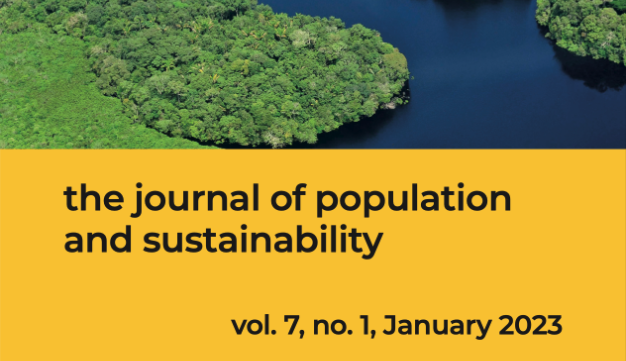News from Population Matters.
-

Population matters at the Commission on Population & Development
PM attended and spoke at the UN’s annual meeting on population and development this week. Learn more.
-

A planet of 8 billion and the future of humanity
The Journal of Population and Sustainability explores all aspects of the relationship between human numbers and environmental issues.
-

Conspiracy chaos: coronavirus, Bill Gates, the UN and population
Over recent years, a growing proportion of Population Matters’ website traffic has been driven by rather odd search terms including “Bill Gates depopulation”, “Agenda 2030 population control”, and “depopulation coronavirus…
-

Only connect: population & planet
Three critical events are taking place this month; the COP27 climate talks in Egypt, the International Conference on Family Planning in Thailand, and on Tuesday, 15 November – the symbolic…
-

A job or a child: India’s coercive population policies
In some states in India, people face sanctions for having more than two children. We lift the lid on this coercive policy and assess the risk of it being extended to other areas.
-

Population news from around the globe
With the birth of the planet’s 8 billionth person just around the corner (15 November), conversations around population growth are becoming ever harder to ignore. The facts are striking; half…
-

Population Matters sends “Fake News” award to Elon Musk
As we have previously reported, the world’s richest man, Elon Musk, has an increasing preoccupation with population. With his tweets and comments showing no sign of diminishing or becoming more…
-

Too fast, too slow, just right? The UN’s 2022 population projections
Published today, the long-awaited United Nations global population projections are causing plenty of debate. Should we worry about too many people or too few? Do they mean salvation or catastrophe,…
-

Squeezing out the wild things
Today is World Wildlife Day, the most important annual observance day dedicated to wild species. This year, it will be marked under the theme of ‘Recovering key species for ecosystem…
-

The Anthropocene’s emerging threats
Humanity’s impact on our planet has profound and far-reaching consequences, some of which are less obvious than others. A new UN report shines a light on emerging environmental threats, including…

